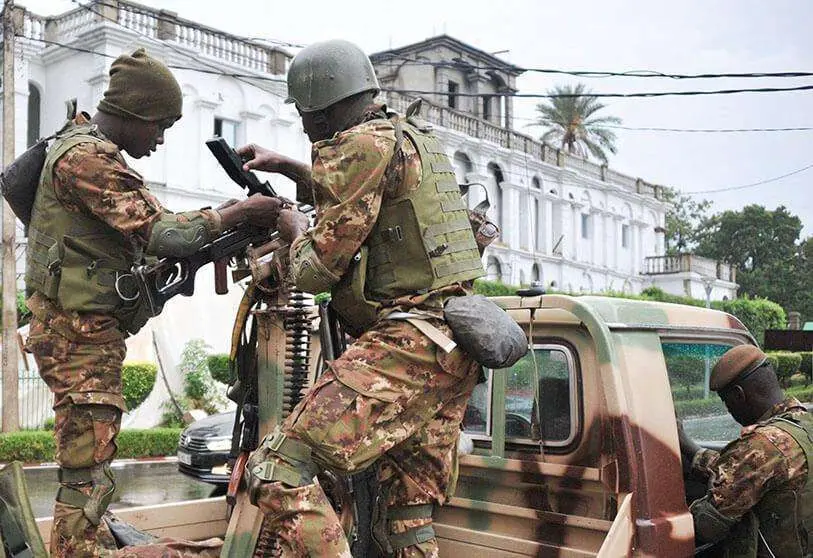Niger suffers coup attempt

Niger has suffered a coup attempt, just a few days before the inauguration, scheduled for Friday in Niamey, of the newly elected president, Mohamed Bazoum, who is very close to the outgoing head of state, Mahamadou Issoufou. During the night of Tuesday 30 to Wednesday 31 March, "heavy gunfire", including from "heavy weapons", was heard in the area of the presidential residence in Niamey, locals told AFP news agency.
Sources in the security forces confirmed to Agence France Press that the Presidential Guard responded to the coup plotters' attempt to reach the palace, where the current president, Mahamadou Issoufou, resides, and that military officers accused of being behind the coup attempt have been identified and arrested.
The African country has already suffered four coups since its independence from France in 1960. This new uprising suggests that the transition of power in the country is likely to be rather tense. Although the Constitutional Court last week confirmed the election victory of Bazoum, a former interior minister responsible for migration issues in a key country on the route to Europe, his rival and former president Mahamane Ousmane refused to accept the results and called on the population to take to the streets in peaceful protest.

Niger's population was called to the polls last December and as they did in 2016, 18 opposition parties decided to ally in a coalition called Cap21 in which they pledged to support the candidate who obtained the best result in the first round.
Niger's recent political history is marked by four coups d'état, the last one being in 2010. Among the other candidates running in these elections were General Salou Djibo, who was the head of the military junta and was in power after the 2010 coup and until the elections won by the current president; Mahamane Ousmane, who was Niger's president from 1993 to 1996; and Seïni Oumarou, leader of the National Movement for the Society for Development (MNSD), who came third in the 2016 elections, among others.

The country is also among the poorest in the world, and violence in the border regions, combined with the economic ravages of the pandemic and the floods it has suffered this year, have led to a humanitarian catastrophe, with 257,000 internally displaced persons.
Several European countries, including Spain, have condemned the attempted coup d'état in the African country. The Spanish foreign ministry issued a communiqué: "The government of Spain condemns the attempted coup d'état that took place during the night of 30-31 March in Niamey, Niger, and rejects the use of violence against state institutions".
The ministry also urged the new democratically elected authorities to "assume their posts in a peaceful and serene atmosphere, within the framework established by law and with full respect for the institutions".








